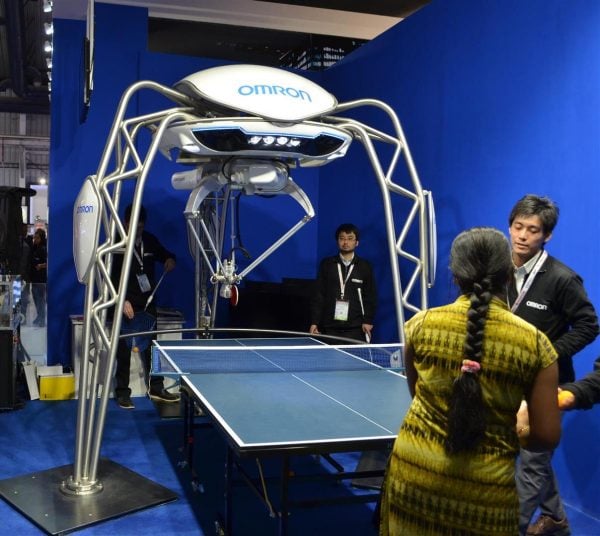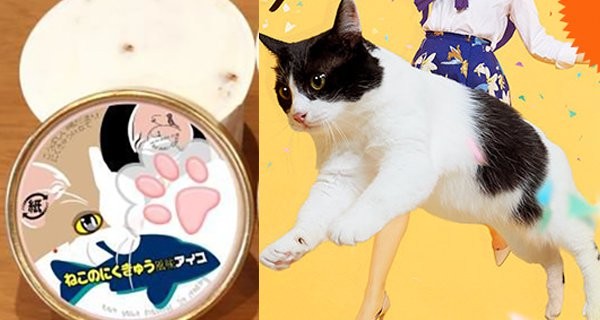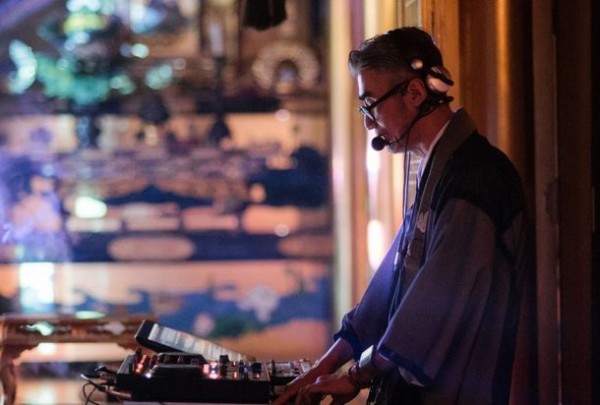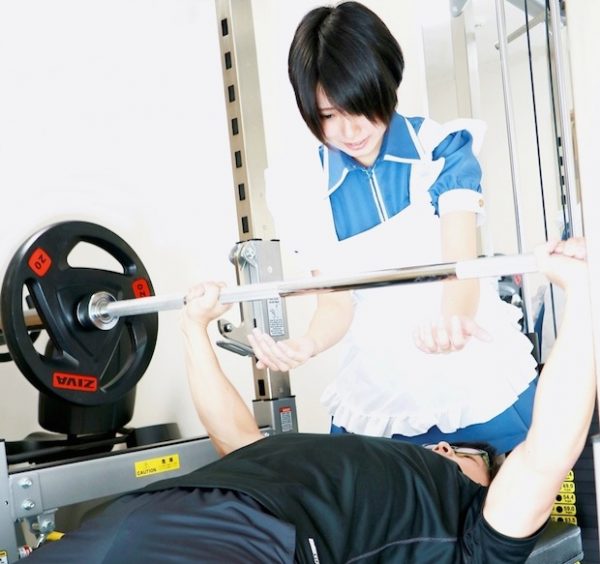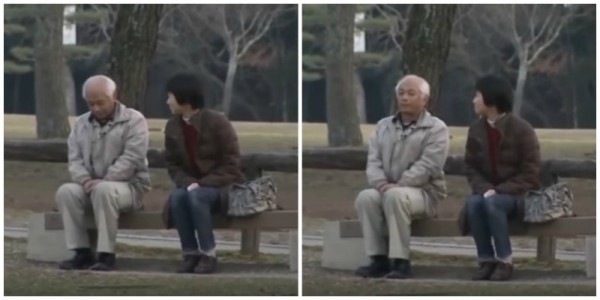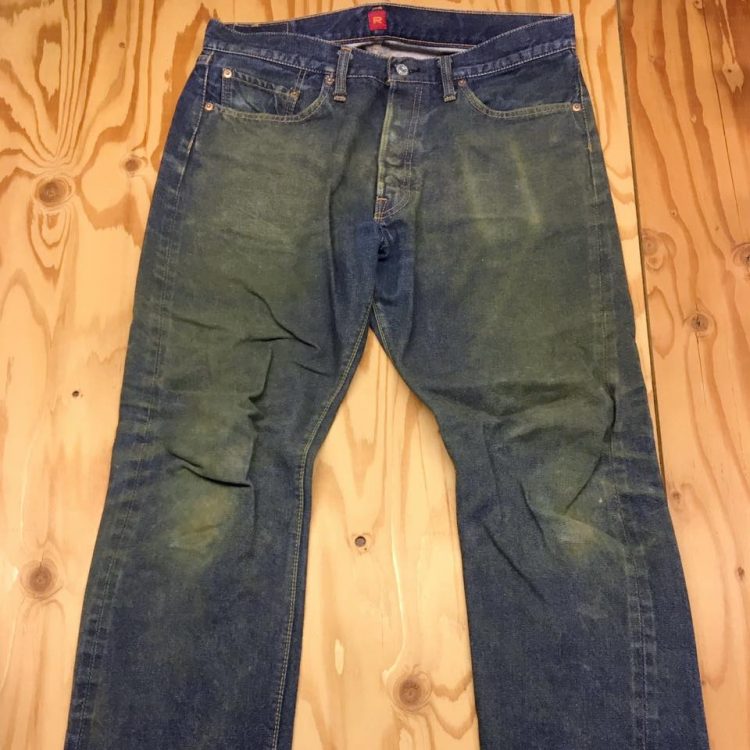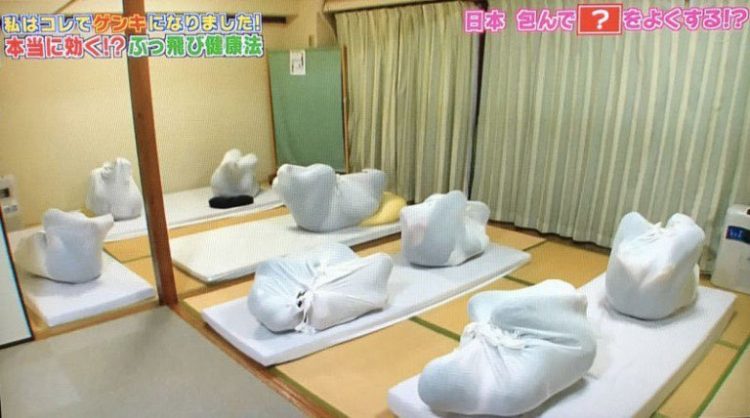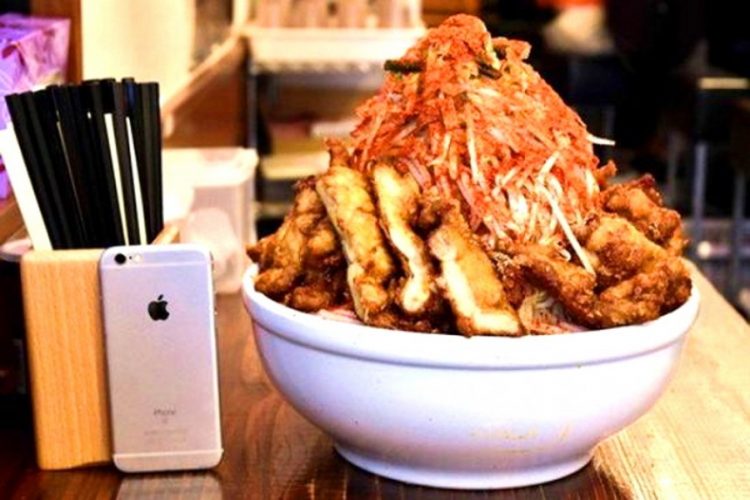An advanced robot developed by Japanese electronics company Omron has recently been certified by Guinness World Records as the world’s first robot table tennis tutor. FORPHEUS (Future Omron Robotics Technology for Exploring Possibility of Harmonized Automation with Sinic Theoretics) used machine learning to asses the skills of a human player, adjust its game accordingly and provide tips to help opponents improve their technique.
Unveiled at the Ceatec electronics show in Japan in 2014, FORPHEUS has come a long way in the last three years, especially after developers made a breakthrough in artificial intelligence. Originally designed to showcase Omron’s sensor technology, the table tennis-playing robot has now become a Guinness-certified tutor thanks to machine learning. It analyzes data like the human player’s movement, the speed of the ball and the trajectory to determine his opponent’s skill level with around 90% accuracy. FORPHEUS then uses this information to adjust its play style – slow and and easy for beginners, faster and more unpredictable for advanced players.

